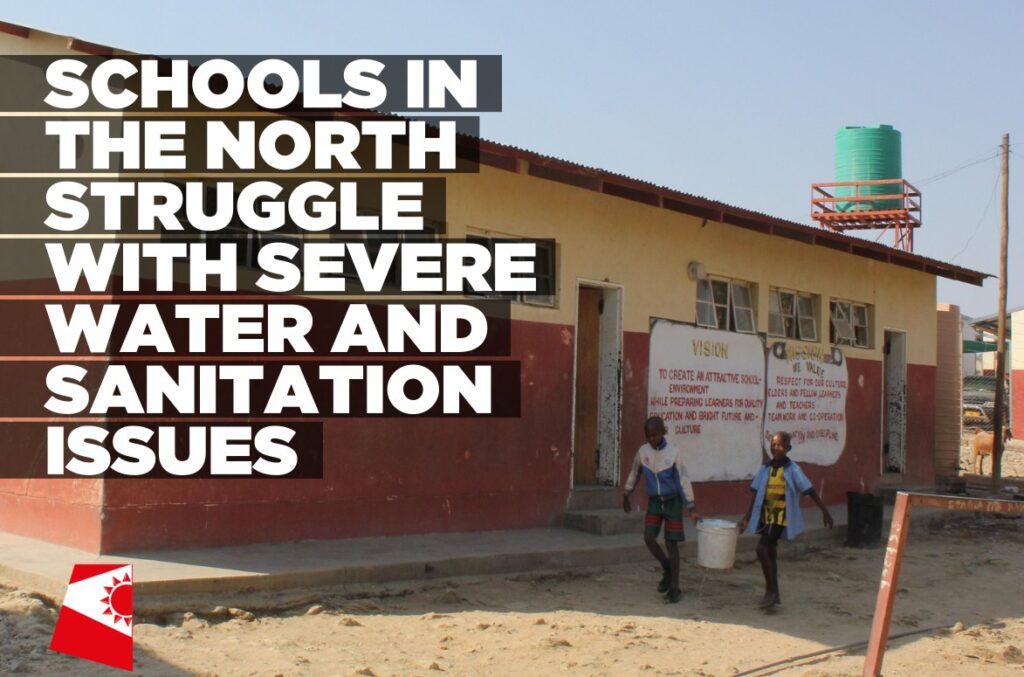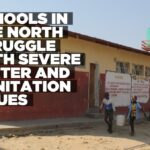
Staff Reporter
SEVERAL schools in the northern regions of the country continue to grapple with significant water shortages and inadequate ablution facilities.
This was revealed by the National Council’s Standing Committee on Education, Science, ICT and Youth Development following oversight visits to schools in the Kunene, Oshikoto, Ohangwena, Kavango West, and Zambezi regions.
The report identified Etanga Primary School in Opuwo, Kunene Region, as one of the schools where water scarcity is a primary challenge. The committee revealed that underground water levels in the area are low, and the school’s hostel relies on a bucket system. However, the committee also mentioned that efforts are ongoing to identify potential water sources in the area.
“A nearby village, three to five kilometres from the school, has sufficient water. Plans to install pipelines and a borehole are underway but require Ministry funding. Once completed, water will serve the school’s toilets, which are currently non-functional,” the report added.
Etanga Primary is not the only school struggling with water shortages or inadequate ablution facilities.
According to the report, KM Maundu Primary School in Opuwo also lacks proper ablution facilities and a consistent water supply, with water being sourced from approximately seven kilometres away, creating challenges for hygiene and effective learning. The report also highlighted Onkumbula Combined School in Omuthiya, Oshikoto Region, as another school facing similar issues, revealing that it currently relies on rainwater.
Hainyeko Combined School in Eenhana, Ohangwena Region, and Sesheke Combined School in Katima Mulilo, Zambezi Region, are also facing water shortages. According to the report, the Ministry of Works has been informed of Sesheke Combined School’s water challenges, but the issue remains unresolved. The report further noted that vandalism of water pipes and taps at the school has exacerbated the problem.
The report further revealed that Sesheke Combined School is also facing sewerage challenges. Furthermore, non-functional ablution facilities were also highlighted as a problem at Kasivi Combined School in Nkurenkuru, Kavango West Region, with the report stating that learners are forced to use bushes due to a lack of working toilets.
The committee therefore emphasised the urgent need for an adequate water supply and functional ablution facilities at these schools and hostels.
“This underscores the critical need for a reliable water source to enable proper functioning of toilet facilities. Currently, none of the community hostels visited by the Committee have operational ablution facilities, forcing learners to relieve themselves in nearby bushes, which poses serious safety risks, including exposure to snakes, as reported by several hostels,” the report added.








